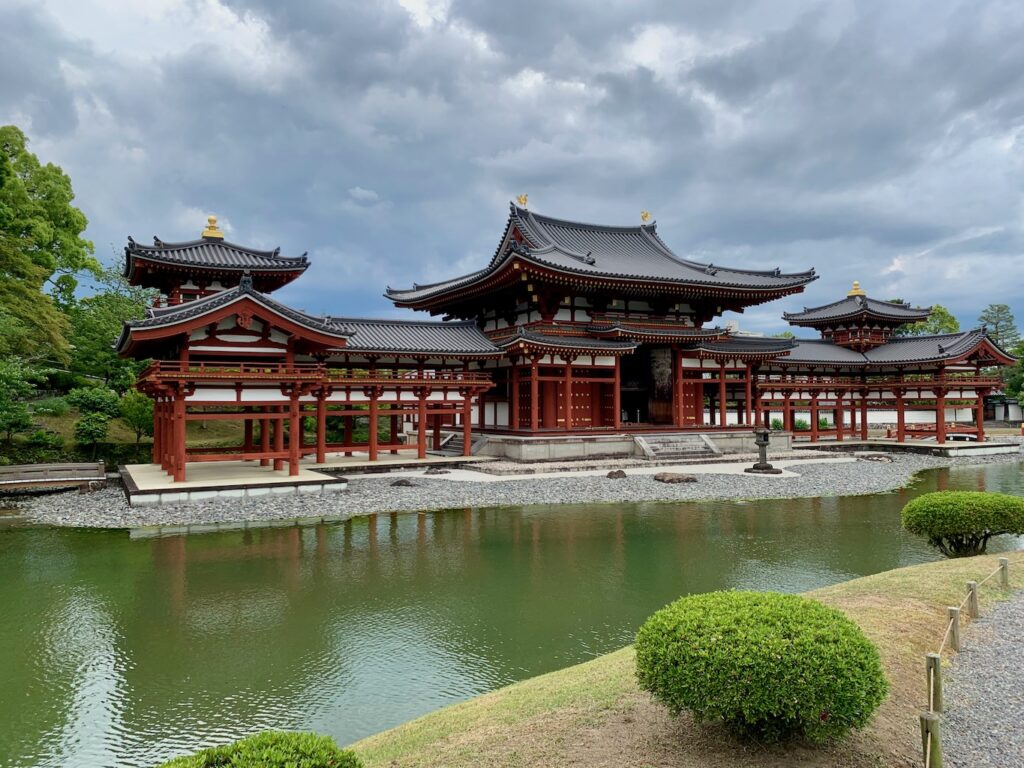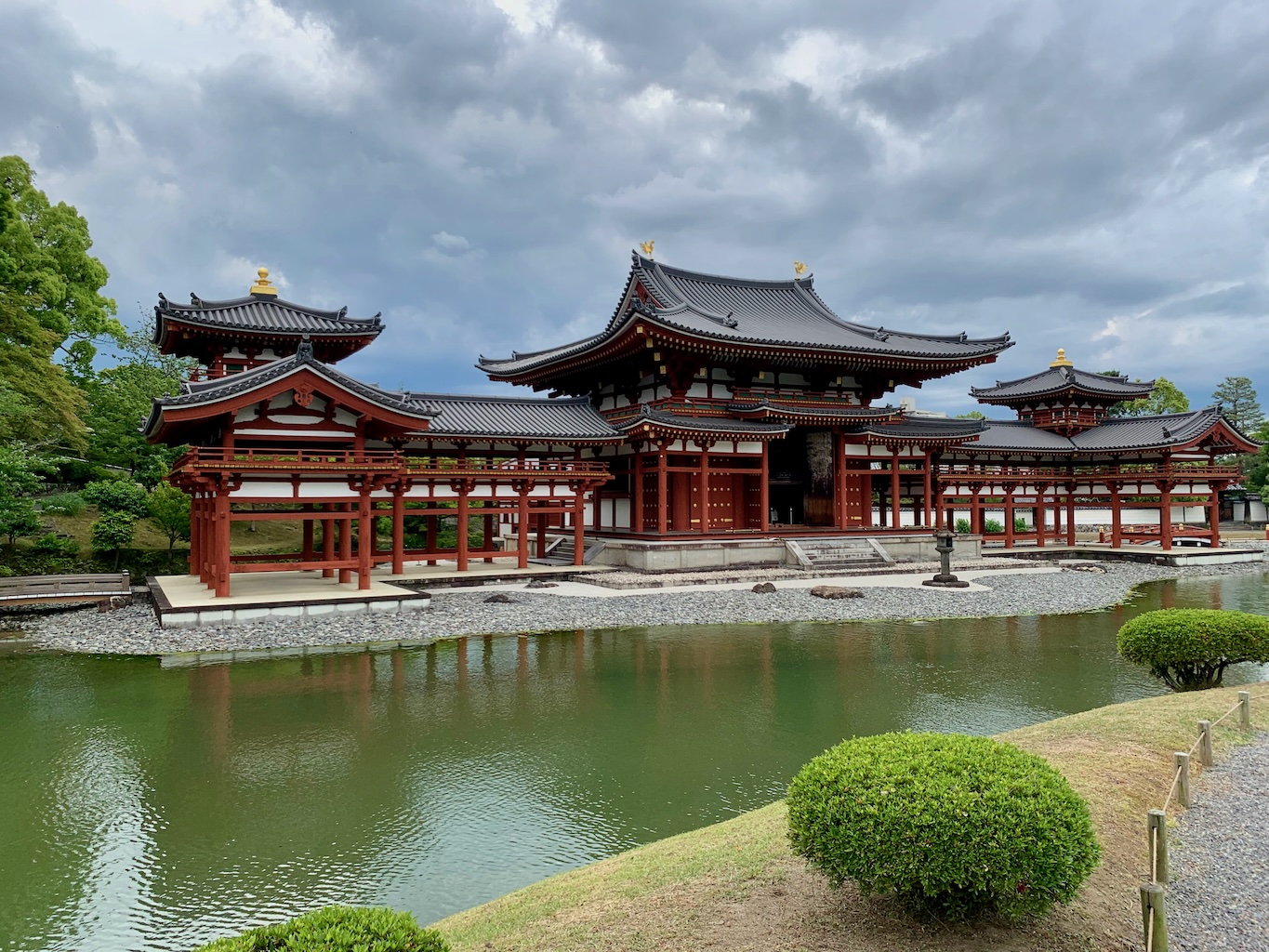Thousands of Years of History
Egypt, Mesopotamia, China, and the Indus Valley rank among the oldest human civilizations. Japan isn’t quite that old, but is absolutely unique in the world’s historic cultures. While Japan benefits from China’s proximity (borrowing their architecture, written language, and even food preparation techniques), it has a distinct culture of its own.
Humans have lived on the Japanese islands for 30,000 years. Japanese legend portrays Jimmu Tenno, the first emperor, took the throne in 660 BCE. He is said to be a direct descendant of the sun goddess, Amaterasu, and he conquered Yamato, a historic region that is present-day Nara. While evidence of his existence is sparse, a powerful dynasty existed during this era in the south-western region that is now Miyazaki, expanded through conquest into Yamato.
The first mention of Japan as an independent nation state was in a 111 AD Chinese text. Over the next thousand years, Japan developed into a distinctive culture, independent of, though heavily influenced by, the rest of Asia. In 794, Emperor Kanmu moved the capital to Kyoto, where it stayed until 1869, when Emperor Meiji permanently moved into Edo Castle (modern day Tokyo), elevating its status to the Imperial Palace.
For much of its history, Japan remained closed to foreign entities, at first because of the difficulties of sailing the open sea, then, as ocean-going ships improved, by the closed-state policies of the Edo era. Even then, two ports stayed open to the outside and catered to highly regulated international trade. Free of external influences, Japan’s culture developed into a unique mix of ideals, values, and customs—a mix not seen in any other human culture. Many of these attributes continue in today’s modern Japan.
To visit Japan is to see this culture up close. Hollywood and National Geographic can show snippets of the uniqueness of Japan, but it’s not the same. Rather, it’s like gazing at the Grand Canyon through a dust-covered windshield—you only get the merest hint of greatness residing on the other side of the glass.

